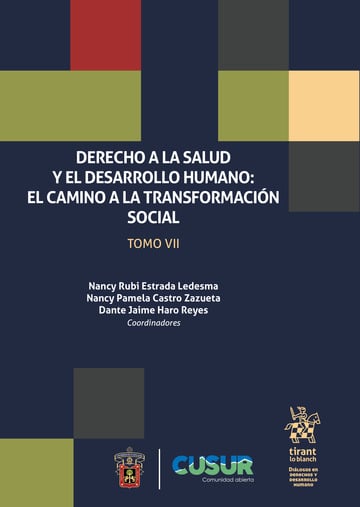- Tirant Brasil
- Editorial Tirant
- Libreria Tirant
- Tirant Chile
- Tirant Colombia
- Tirant Costa Rica
- Tirant Perú
- Tirant Prime
- Tirant Prime Mex
- Tirant Formación
- Tirant Asesores
- Tirant Notarios
- Tirant P.Horizontal
- Biblioteca Virtual
- Tirant Corporativa
- Tirant Online Latam
- Formación México
- Formación Brasil
- Bibl. Virtual Brasil
Ayuda |
Mi cuenta (Identifíquese)
Acceder:
Registrarse:
¿Aún no tienes una cuenta? Crea una ahora y accede a tus listas favoritas, tu histórico de cuentas y muchas más cosas...
O BIEN

Pedidos y atención al cliente
TLF:(55) 6550 2317 TLF:(55) 6550 2318
 Continuar con Google
Continuar con Google Continuar con Facebook
Continuar con Facebook
